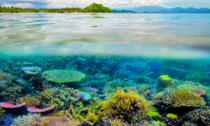
The importance of sunscreen comes as no surprise. It protects your skin from the sun’s harmful UV radiation and helps prevent skin cancer, making it an essential part of daily skincare. But what you may not know is that many of the sunscreen brands stocked at your local chemist or drugstore are made with toxins that endanger a critically important ocean ecosystem.
Every year, up to 14,000 tons of sunscreen residue make their way into the ocean and contaminate coral reefs. Despite having a hard exoskeleton that gives them a plant-like appearance, coral reefs are actually made up of colonies of small animals called polyps. Often referred to as the rainforests of the sea, they shelter more than a quarter of marine life, making them among the most diverse ecosystems on the planet...
Read More









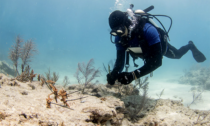

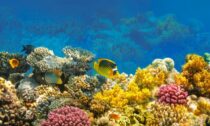
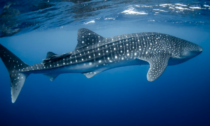

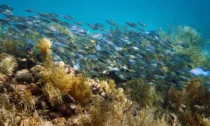
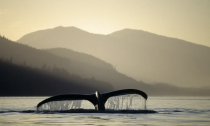
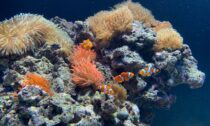
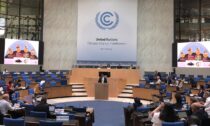

Social Profiles